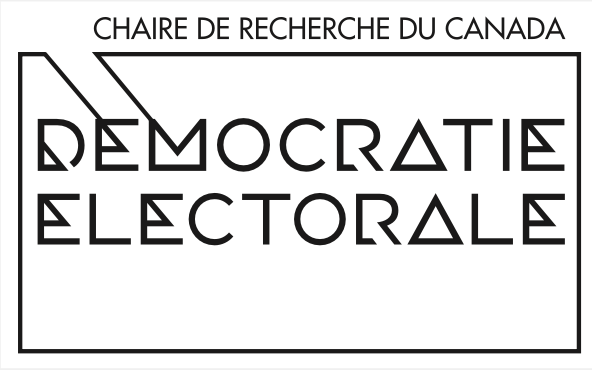Electoral Chairs’ Seminars – November 30th
30 November 2022 • 12:00 30 November 2022 • 13:00
C-4145
Les jeunes sont-ils voués à être des candidats « poteaux »
Philippe Chassé – Phd Student at Université de Montréal and Sciences Po Paris ; Camille Gélix, Sciences Po Paris
In recent years, several studies (Stockemer and Sundström 2021; 2022) have highlighted the ‘gerontocratic’ nature of political institutions in Western democracies. Although they make up a large share of the population, few young adults win seats in their country’s legislative elections. Yet voters do not appear to have a negative bias against young candidates (Eshima and Smith 2022; McLean and Ono 2022; Roberts and Wolak 2022). This research focuses on another factor that may contribute to youth underrepresentation: the level of competitiveness of the districts in which political parties choose to nominate candidates who are under 35. Using data from the 2012, 2017, and 2022 French legislative elections, it attempts to determine whether, similarly to women (Thomas and Bodet 2013) and visible minorities (Kulich, Ryan et Haslam 2014), young adults tend to be nominated in districts that they have little or no chance of winning. Two measures inspired by the work of Thomas and Bodet (2013) are used. One is ‘static’ and the other is ‘dynamic’. Preliminary results from the static measure suggest that young people – and especially young women – are more likely than others to be ‘sacrificial lambs’.

This content has been updated on 28 November 2022 at 10 h 05 min.